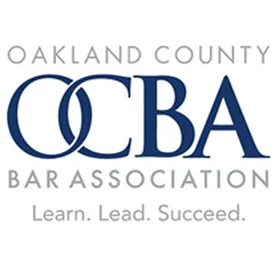Understanding the presumption of innocence
On Behalf of Kirsch Daskas Law Group | Sep 14, 2020 | Criminal Defense
Few things are as important to the justice system in the United States as the presumption of innocence. This is usually stated as the idea that you are presumed innocent until your guilt is proven beyond a reasonable doubt.
What this does is to shift the burden of proof to the prosecution. If you’re accused of a crime, they have to show that you did commit that crime. If there is any reasonable doubt that you did, you cannot be found guilty.
When talking about defending themselves in court, many people make the mistake of thinking of this the other way around. They have been accused and they feel like they have to provide a compelling defense against those accusations or they have to go to jail. They feel like it is up to them to prove their innocence.
But, quite simply, it’s not that way. That’s not to say that providing a clear defense does not help your case, of course. Maybe you have an alibi or some other evidence that you did not do what you’re accused of doing. You can help yourself win the case and avoid jail time by asserting those things at your defense.
In theory, though, it’s not up to you to do that. You could opt to say nothing at all in your own defense. The prosecution still has to prove that you are guilty. If they can’t do that, even if you offer no defense at all, you still should not be convicted.
Understanding the burden of proof is just one part of addressing the court case that you’re facing and figuring out an appropriate strategy. Be sure you are well aware of all of the legal options you have.










